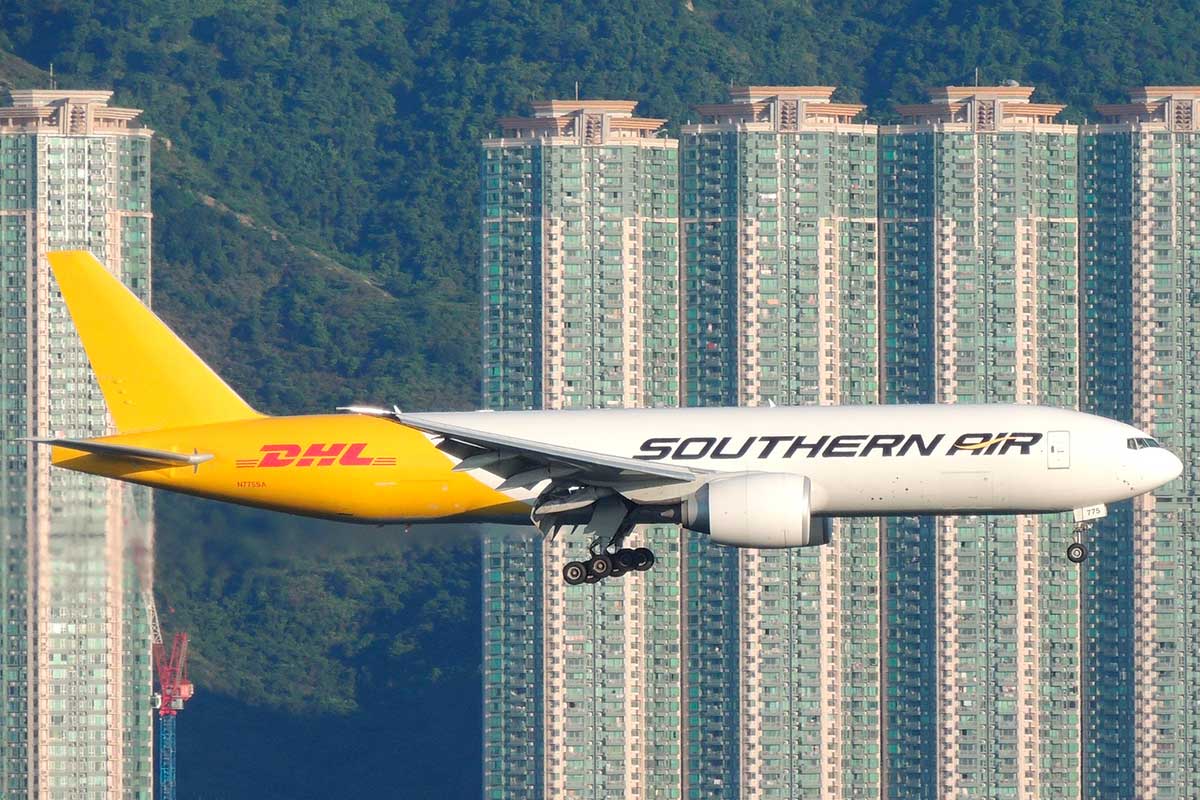




Singapore Airlines and its Scoot subsidiary have set a 5% sustainable fuel target for its total fuel requirements by 2030. Sustainable aviation fuel (SAF) can reduce carbon emissions by up to 80% compared to traditional kerosene-based jet fuel, and is crucial for the aviation industry's net-zero emissions target by 2050. SAF can be produced from various feedstocks, including used cooking oil and animal fats. Singapore Airlines is in discussions with fuel suppliers to buy more SAF and has used the fuel for flights between Singapore and San Francisco since 2017.
(Source: Rob Gill - BTN EUROPE. Read article here)

Asia-Pacific airlines face challenges from rising fuel prices and high inflation, causing a downbeat outlook for the segment. The region's air travel recovery is only 69% of 2019 levels, largely due to China's slow reopening of borders after COVID-19. Non-oil costs, supply chain issues, and inflation are squeezing profit margins. The industry is expecting Chinese travelers to return in the first half of next year.
(Source: Reporting by Chen Lin; Writing by Miyoung Kim; Editing by Muralikumar Anantharaman - REUTERS. Read article here)
Aerovalue is committed to protecting your privacy. We want to assure you that when you visit our webpage, we do not collect any personal information about you without your consent. We respect your online privacy and adhere to strict data protection regulations. Rest assured that your browsing experience on our website is secure and anonymous. If you have any concerns or questions about your privacy while using our webpage, please do not hesitate to contact us. Your privacy is important to us, and we are here to address any inquiries you may have.
Thank you for visiting Aerovalue